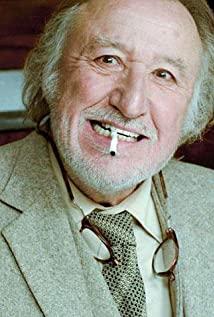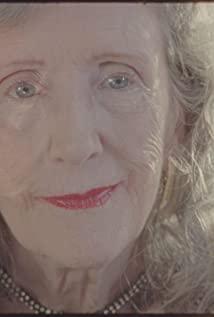Then just say a few words according to your own movie-watching memory.
From the beginning, following the lens of Teacher Gilman, it can be determined that the first perspective is Teacher Gilman, that is to say, we are following Teacher Gilman's perspective to unfold the story, and the story presented at another level is in Crowder. In the composition, the picture we see afterwards is the story narrated in Kraul’s writing. In the film, Teacher Gilman actually raised doubts about the composition, but he was lost in the descriptive vision of the audience: Teacher Gilman’s story narration made Claude’s composition come to the fore, and Mr. Gilman said in the film The discussion of the composition also serves to push the narrative of the composition to a higher level of narrative structure. Then, which is the true story?
Obviously the narrative of Teacher Gilman is true, except for the real character of Raphael’s father (the conversation after the parent’s meeting) and the character in the novel. At the same time, Claude and Raphael’s father and son play in the novel. In fact, there is no (Later, when Claude arrived on the court but did not play, this point directly overturned the plot point after Claude was beaten by Raphael on the playground, which is a fictitious composition), and the final before Gilman was fired. In one class, Raphael’s triumphant smile (if Raphael already hates Claude, he will never be happy because Claude’s ideas succeed), and Claude and Jennara The abrupt relationship between Phil's wife (think about whether a woman over 40 would have a relationship with a man over 20 years younger because of a critique of Gilman made out of nothing, or a vague verse, you know, Jenna I also read Crowder’s novels before. In reality, there is almost no chance of having a relationship with Crowder. Obviously, this kind of plot will only appear in the novel), but, most importantly, Teacher Gilman believes it (from The story of Raphael’s suicide can be seen in the composition), most of the audience also believed it to be true, and the audience entered the world of both true and false with Teacher Gilman.
In the last paragraph, it can be seen that Claude's goal is finally achieved. His ultimate goal is to get Mr. Gilman to get rid of boring bourgeois women (Many online use Oedipus complex to analyze Claude's behavior is also absurd) In the last scene, the two began to look at various characters in a building to fill in the details of various fictional lives. At the same time, they asked again. Claude's article is based on the truth. It is fictitious, and at the same time, teacher Gilman and the audience are trapped, unable to extricate themselves.
So this movie is actually like a young PI. Do you want to believe in Claude's novels with endless drama and conflict, or do you believe in the visual presentation of the vulgar and old-fashioned teacher Gilman? It seems that audience psychology also has its own answer.
"Performance and presentation are completely different." This is the line in the movie
without review, a bit messy, just watch it at will.
Taking a bath is really a good opportunity to think about the work
View more about In the House reviews











